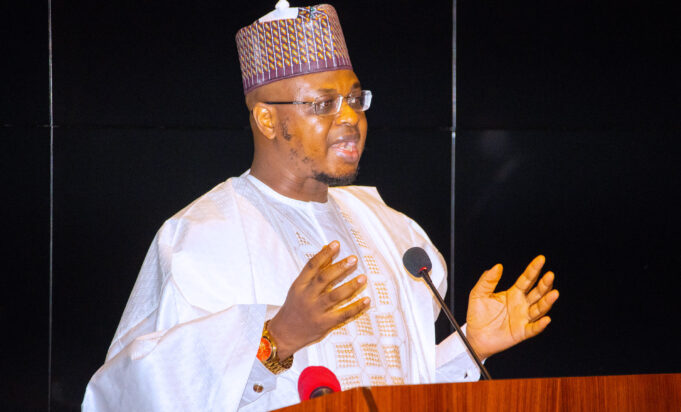The Minister of Communications and Digital Economy, Isa Pantami, has said Nigeria’s move towards attaining 95 per cent digital literacy in 2030, as contained in the National Digital Economy Policy and Strategy (NDEPS), 2020 – 2030, now looks more promising.
Pantami, while speaking on Saturday at the graduation of participants of Digital Job Creation Training for the North-East in Gombe State, said: “The reason we train citizens is because digital skills are no longer considered a luxury, but necessities required in any business you do. If you want to be successful, you need to have digital skills.
“ICT is not just an independent sector but the key enabler of all other sectors today. It enables opportunities in education, in health, in agriculture, in security, in defence, in manufacturing, in trade, in investment, and in industry.”
The minister, however, urged the participants to adopt innovation-driven enterprises and utilise the training they have received to improve their economic status and make Nigeria a better place.
READ ALSO: Imo govt to train 300,000 youths on digital economy
“We have to utilise ICT in order to make our country a better place. We must use ICT even for our personal economic benefits amongst others. Therefore, we want to encourage you not to waste your times online but rather to use the knowledge you have acquired to make Nigeria a better place and at the same time, derive many economic benefits from it,” he said.
Pantami added that recent reports of the National Bureau of Statistics (NBS) about the performance of each sector of the economy, which indicated an unprecedented ICT’s contribution of 18.44 per cent to the economy, was heart-warming about the prospects of the industry meeting with the expectations of the relevant policies.
“So, by implications, we set a record last year and we surpassed that record this second quarter of 2022 without involving the digital services. Only the ICT sector contributed 18.44 per cent, which can be attributed to the policies which we have introduced in the sector,” he said.
The minister said the training which has taken place in nine other states, including the Federal Capital Territory, would be conducted throughout the remaining geopolitical zones.
- Police arrest masterminds of Abuja-Kaduna train attack - May 2, 2024
- NLC: How we arrived at N615,000 new minimum wage demand - May 2, 2024
- Newcastle’s Tonali bags two-month ban for betting - May 2, 2024










